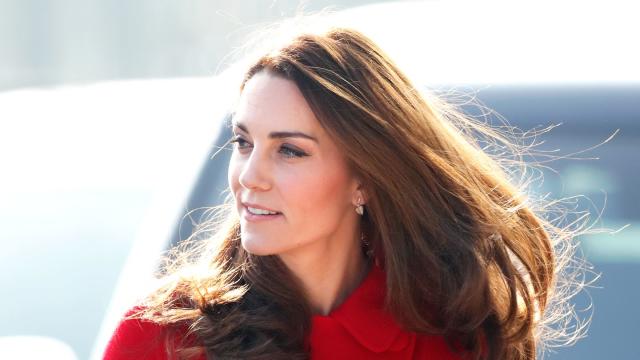Duke of Sussex accused of letting ‘Spare’ label define his emotional struggles
Prince Harry’s royal title may seem like a golden ticket, but according to one royal commentator, it has been more of a burden than a blessing — and one the Duke allegedly chose to carry.
Despite being born into extraordinary privilege, Harry is said to have battled emotional difficulties throughout his life within the royal family, particularly in relation to his older brother, Prince William, the heir to the throne.
Veteran royal expert Ingrid Seward, who has closely observed the royal family for decades, claims Harry allowed the “Spare” label to consume his identity. “He chooses to be the victim and wreak vengeance on the slights he thought he had suffered — on his family, on the press and through the courts,” she told the Daily Mail.
Seward added that Harry’s narrative isn’t necessarily rooted in truth, but rather in how he perceives his place in the monarchy. “It’s how Harry chose to see himself,” she said, suggesting he has turned that perspective into a public brand.
She recalled that even from a young age, Harry seemed resigned to his lesser role, once telling William, “You’re going to be King; it doesn’t matter what I do.”
In his memoir Spare, Harry admitted he blocked out painful memories following Princess Diana’s death, saying, “Memory equalled grief.” While William thrived academically and embraced royal duty, Harry often felt overshadowed.
According to royal author Tom Quinn, palace courtiers tried to assure Harry that he was in a better position than his brother, who would never escape the public eye. But Harry, sources say, struggled to accept that view.
Following his marriage to Meghan Markle in 2018, Harry’s feelings of exclusion reportedly intensified. Royal historian Robert Lacey suggested the “Spare” identity became even more painful as the couple were increasingly sidelined in favour of William and Catherine, who were clearly being positioned as the monarchy’s future.
Over time, Harry’s role as the “Spare” has evolved into a central theme of his life story — one that continues to spark both sympathy and criticism.











